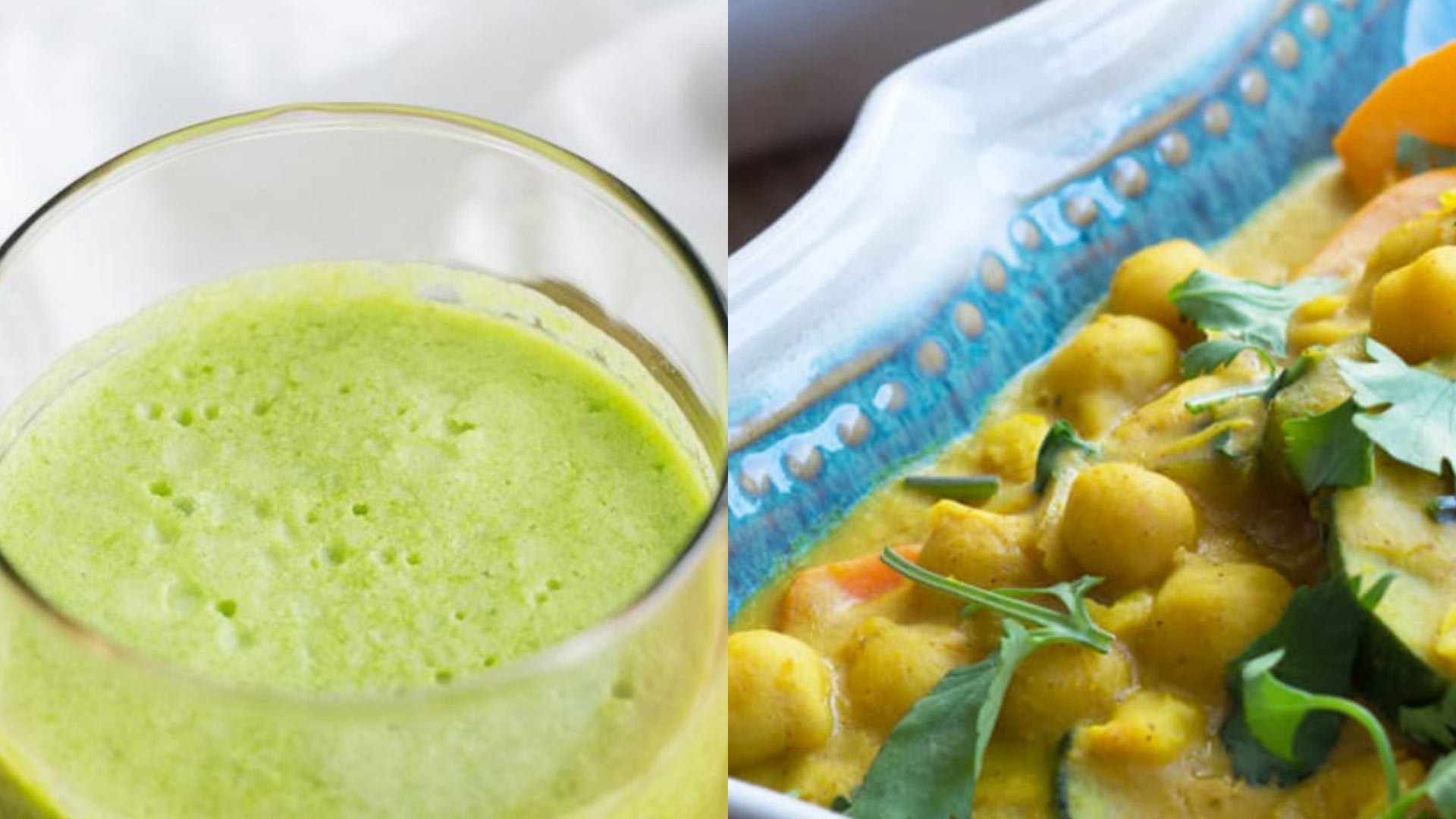|
|
By Danielle Prevost, BA, CNP (Hons.), NNCP
With St. Valentine’s heart-laden (and chocolate loaded) day behind us, there’s no better time to talk about the health of our own, and our loved one’s ticker.
February is Heart Month, bringing awareness to our cardiovascular well being. According to Health Canada, heart disease is the second leading cause of death in Canada. With over 2.4 million Canadian adults affected, there is a lot we can do in prevention. Lifestyle changes like quitting smoking, getting daily exercise and reducing stress can go a long way in protecting ourselves against cardiovascular damage. At the ‘heart’ of this blood pumpin’ picture, lies diet and nutrition. Every single day, meal after meal, we make choices about what to eat. These decisions can have a profound effect on our future wellbeing and the health of our heart.
By removing the toxins, trans-fats, and processed, refined foods from the diet, and replacing them with antioxidant rich, nutrient dense foods, we provide the body with the tools it needs to function optimally and thus, greatly reduce our risk of heart disease. This Holistic Nutritionist Guide to Heart Healthy Foods will show you that eating for your heart is as easy as 1-2-3!
Whenever talking about prevention, I first like to look at root causes. The cardiovascular system is made up of the heart and many blood vessels connected throughout the body. The heart is an intricate muscle, pumped by electricity and designed with valves, veins and arteries that work together to supply our cells and tissue with life giving oxygen and nutrients.
The cardiovascular system is especially vulnerable to free radical damage and oxidative stress caused by poor diet and toxic overload. With increased inflammation, the arterial walls can harden and a waxy, cholesterol, ‘Band-Aid’ like substance can build up. This can eventually lead to decreased or completely blocked off blood flow, resulting in heart attack or stroke. It’s important to note that cholesterol itself is not the culprit, rather, it is the underlying damage to the arteries and blood vessels that calls on the body to make and deposit more cholesterol, in an effort to patch the damage.
Here are some of the risk factors often associated with heart disease:
- Smoking (first or second hand)
- Diabetes
- High Blood Pressure
- High Cholesterol levels
- High Triglyceride levels
- Family History
- Lack of Physical Activity
- Obesity
- Stress
- Drug use
- Autoimmune Disease
The good news is that we have the amazing ability to turn things around and prevent future heartache,simply by taking what we eat into our own hands and empowering ourselves in the kitchen.
The three main goals for preventing heart disease are to reduce blood pressure, manage blood sugar and reduce inflammation. Fortunately, by making a few key adjustments to our day to day diet, we can cover all three!
Adopt a whole foods diet with plenty of heart healthy foods that share these characteristics:
- Nutrient Dense – superfoods loaded with essential vitamins, minerals and macro nutrients to support your body to optimum function
- Fibre – helps to reduce cholesterol and eliminate toxins from the body
- Antioxidant-Rich – protect against free radical damage and oxidative stress
- Healthy Fats – needed to maintain the integrity of every cell in the body and maintain elasticity in the blood vessels. By improving the structure of our cell walls, we can improve the function of our cellular membrane, setting ourselves up for good health and longevity!
Foods to INCREASE:
|
Protein
|
Small Fish; mackerel, sardines, anchovies
Wild-Caught Pacific Salmon
Pasture-RaisedPoultry and Eggs
Grass-fed, pastured or wild meat; beef, venison, bison, lamb, elk
Legumes and Beans (if tolerated)
|
|
Fat
|
Cold Pressed Extra Virgin Olive Oil (monounsaturated fat)
Hempseed, Chia seed, Flaxseed oil (omega 3’s)
Coconut Oil, Avocado Oil
Nuts and Seeds; walnuts, sunflower seeds, Brazil nuts, almonds, etc.
|
|
Vegetables
|
Beets
Leafy Greens
Carrots
Cruciferous Vegetables (broccoli, cauliflower, Brussel sprouts, cabbage, kale)
Artichokes
Mushrooms
Squash
Sea Vegetables (seaweed, nori, dulse, kelp)
|
|
Fruit
|
Avocado
Olives
Berries
Pomegranate
Orange
Lemon
Grapes
|
|
Other
|
Cacao
Herbs and Spices; turmeric (curcumin), raw garlic, basil, cinnamon, curry powder, ginger, rosemary and thyme
Oats, whole grains; soaked / sprouted
Raw, unpasteurized dairy products (from a safe source)
Traditional teas; green tea, oolong , rooibos and white tea
|
Foods to Reduce:
When it comes to damaging the heart, sugar in all forms; processed, refined and simple carbohydrates, are enemy number one. This includes highly refined white flour, which rapidly breaks down into simple sugars in the body. The other main culprit is unhealthy, processed and trans-fats, like margarine and canola oil. A simple way to reduce and eventually eradicate these anti-nutrients from your diet is to avoid packaged and processed foods. Even packaged foods that are touted as ‘heart healthy’ are often highly refined and processed. Become savvy in reading labels to avoid being fooled and remember, whole foods don’t require nutritional labels.
In a lot of people, the root cause of heart disease may be inflammation. Foods to avoid that promote inflammation include:
- Trans fats; canola, soybean and other vegetable oils
- Sugars of all kinds; refined, simple carbohydrates
- Processed / packaged foods
- Alcohol
- Conventional, pasteurized dairy
- Conventional, grain-fed meat
- BBQ, smoked foods
When used together with a nutrient dense diet, supplements can be a valuable tool in addressing underlying deficiencies that may be contributing. I recommend the following supplements for controlling inflammation and supporting heart health:
- Multi-vitamin and mineral formula (whole food supplement)
- Omega-3 fish oil supplements, or 1 tablespoon of fish oil (such as cod liver oil)
- Curcumin (turmeric) and garlic supplements
- Coenzyme Q10
- Carotenoids
- Selenium
- Vitamin C
- Vitamin D3
- Vitamin E (mixed tocopherols)
- Magnesium
- B-complex
It’s important to consult with your doctor if you are taking any medications, especially blood thinners, before taking any additional supplementation. Never cease medications without talking to your doctor first.





